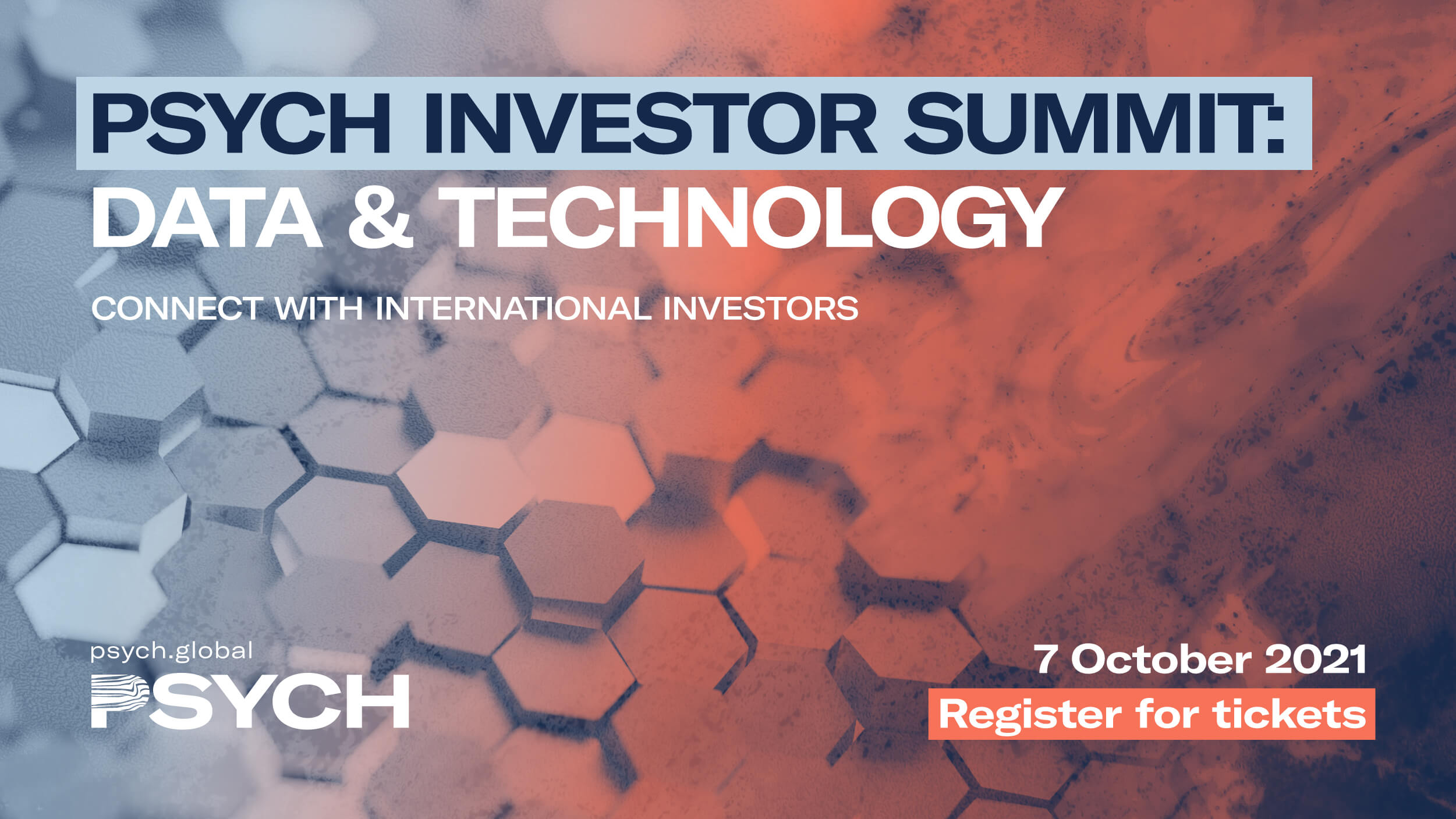
To date, HMNC Brain Health has raised €28m in funding for the continued development of precision psychiatry. Precision psychiatry is a methodology that harnesses digital solutions to identify biological, environmental and social factors to improve patient outcomes. Opposed to a one-size-fits-all approach, HMNC Brain Health is instead developing personalised therapies with predictive diagnostics, to increase treatment efficacy and reduce treatment timeframes.
Underpinning this approach is the company’s proprietary genomic platform, which recognises the specific medications likely to work for each patient and selects those individuals for treatment. PSYCH spoke with HMNC Brain Health’s CEO Benedikt von Braunmühl and Chief Clinical Development Officer Hans Eriksson on precision psychiatry and its potential in psychedelics.
‘There are two parts to our approach. The first is to generate tests that collect as much data as possible, as the more data we have the more predictive we can be. Secondly, once a test has reached the maturity to be used clinically, it can be combined with the intervention it was devised for and we can then explore this combination in patient populations,’ explained Eriksson.
‘The sooner you get the right medication the better it is for everyone, for the patient but also for the payers,’ declared CEO von Braunmühl. ‘In patients suffering from depression triggered by the hypothalamic-pituitary-adrenal axis, which is approximately 30%, if we only select medicines with high efficacy on that axis and don’t give them to the other 70%, we can save substantial costs… We will only be treating subsets of patient populations, but the expectation is that the outcomes will be far superior.’
Developing targeted drugs with big data and artificial intelligence appears to be an innovative and unique undertaking, but personalised medicines have long been deployed in disparate healthcare arenas with promising results.
‘Oncology has set a good precedent, as personalisation has transformed the way cancer is treated with directed treatments based on different types of testing,’ said Eriksson. ‘They have shown us the way forward and how it can be applied in psychiatry, and how we can try to apply these testing procedures as early as possible in the treatment process. There are too many patients taking medication after medication with no real roadmap to follow.’
If personalised medication and targeted therapies have transformed cancer treatment, HMNC Brain Health hopes these treatments can also transform psychiatric care. However, with so much investment in psychedelic medicines, why are so few companies exploring its potential? PSYCH posed the question to the company’s Chief Clinical Development Officer.
‘It stems from a time when the larger pharmaceutical companies were developing medications for everyone, and not as interested in finding subsets of populations as they should have been,’ reflected Eriksson. ‘The other reason is that previously it has been difficult to find good predictors of responses to interventions. Now, with a more sophisticated type of genetic analysis, combined with artificial intelligence, we are on the brink of finding meaningful indicators of which medication to go for. I think it is a matter of sluggishness from some of the larger players and also being at the right place at the right point in time.’
 Investor opportunities at the intersection of psychedelics and technology will be the focus of the PSYCH Investor Summit on 7 October. The investor-focused event will host panel discussions with industry thought leaders, expert insight from distinguished researchers, and presentations from organisations transforming the psychedelic industry through technology. Complimentary tickets for the PSYCH Investor Summit: Data & Technology are now available.
Investor opportunities at the intersection of psychedelics and technology will be the focus of the PSYCH Investor Summit on 7 October. The investor-focused event will host panel discussions with industry thought leaders, expert insight from distinguished researchers, and presentations from organisations transforming the psychedelic industry through technology. Complimentary tickets for the PSYCH Investor Summit: Data & Technology are now available.


